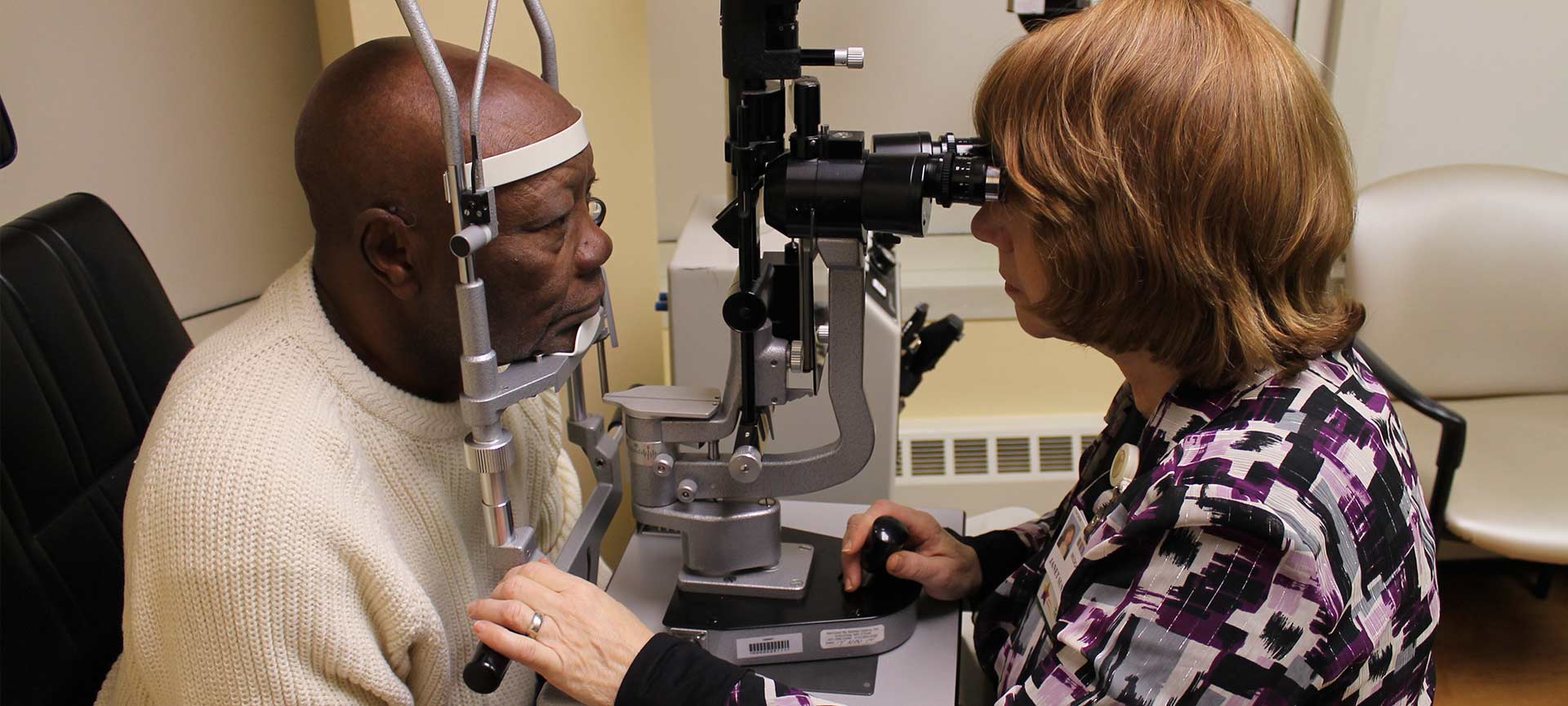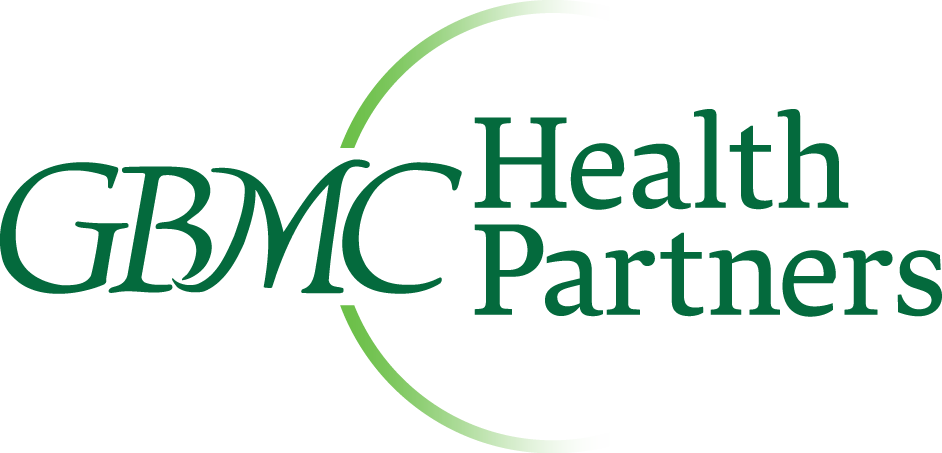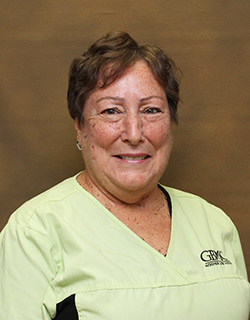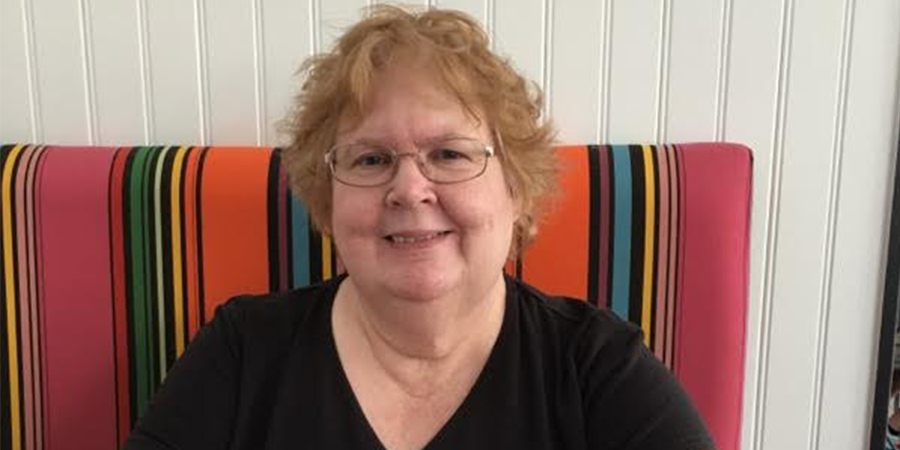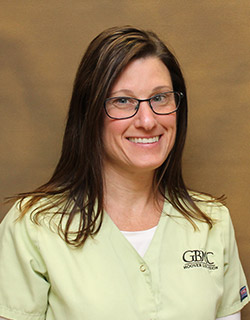
Michelle Bianchi, OTR/L, CLVT
Michelle Bianchi, OTR/L, CLVT
Michelle Bianchi is an occupational therapist and certified low vision therapist specializing in vision rehabilitation at GBMC’s Richard E. Hoover’s Low Vision Rehabilitation Services since November, 2012. Ms. Bianchi has helped many patients with low vision maximize their safety and independence with their desired activities of daily living since 2005.
Michelle earned a Bachelor of Science degree in both Psychology and Occupational Therapy & Occupational Science from Towson University. In June 2010, she completed her Graduate Certificate in Low Vision Occupational Therapy at the University of Alabama at Birmingham. Mrs. Bianchi has completed occupational therapy internships at Maryland General Hospital’s Bryn Mawr Rehabilitation Traumatic Brain Injury Unit, Kennedy Krieger’s Inpatient Hospital, Greater Baltimore Medical Center’s Transitional Care Unit, and The Sheppard and Enoch Pratt Hospital’s Dual Diagnoses of Addiction and Affective Disorders Unit. She was the Maryland Occupational Therapy Association’s recipient of the 2001 Henrietta Price Scholar Award. In 2009, she won the first prize in the 35th Annual Maddack Awards at the 2009 AOTA Conference in their professional division for a low vision device.
Michelle has over 15 years of occupational therapy experience including working with patients recovering from traumatic brain injury and physical disabilities. Ms. Bianchi is a member of the American Occupational Therapy Association AOTA), Maryland Occupational Therapy Association (MOTA), and Academy for Certification of Vision Rehabilitation and Education Professionals (ACVREP). Ms. Bianchi has spoken at national conferences on low vision, occupational therapy conferences, as well as to senior communities to promote hope for coping with a change in vision.

